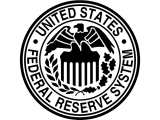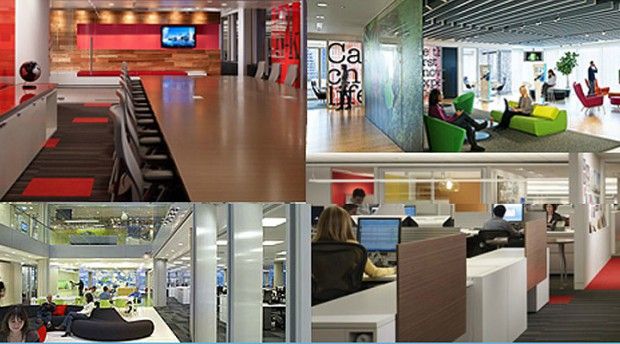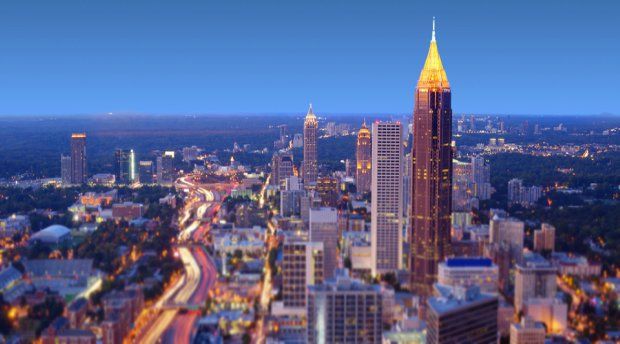Bullard Says Fed Shouldn’t Rush to Ease Further as the Recovery Picks up its Speed
Post Views 0James Bullard, who is the president of the Federal Reserve Bank of St. Louis, said that recent economic reports point to stronger economic growth, and policy makers shouldn’t rush to ease further.
”The data have come in stronger than expected, so I think the logical thing now is to wait and see,” said Bullard in an interview in New York yesterday at the Bloomberg Hedge Fund Conference hosted by Bloomberg Link. ”See if we continue to get a good read on the holiday season and start out the New Year stronger or weaker, and also assess the situation in Europe and see how that feeds back to the United States.”
Fed officials are debating whether the central bank should resume large-scale purchases of securities to push down an unemployment rate that has been stuck ear 9 percent or higher for more than two years. According to the minutes of the meeting, the central bank said that the European sovereign-debt crisis poses a risk to the US expansion, and some policy makers at the last meeting on November 1-2 said the Fed should consider easing further.
Bullard said that growth for next year will probably accelerate to a pace of 3 percent to 3.5 percent. The world’s largest economy expanded at a 2 percent annual pace in the third quarter, compared with 1.3 percent in the second quarter and 0.4 percent in the first three months of this year.
”I think we can grow somewhat stronger in 2012 than we have in the second half of 2011,” Bullard, age 50, said. ”The real question is what is this tail risk in Europe and how big is this tail risk coming from Europe.”
The Fed should also wait to see how much the rate of inflation moderates, said Bullard in a separate interview on Bloomberg Radio’s ”The Hays Advantage” with Kathleen Hays.
”Inflation is higher now than it was a year ago,” said Bullard. ”It is moderating but it really hasn’t moderated all that much yet. And so I’d like to see further evidence that inflation is going to moderate.”
The consumer price index rose 3.5 percent in the 12 months through October compared with a 3.9 percent increase in the 12 months through September. In October of 2010, the index had risen 1.2 percent over a year.
Manufacturing in November expanded faster that was forecasted, a report from the Institute for Supply Management showed on Thursday. The Tempe, Arizona-based institute’s manufacturing index rose to 52.7 last month from 50.8 almost a month earlier. Fifty is the dividing line between growth and contraction, and economists surveyed by Bloomberg News projected the gauge would climb up to 51.8.
On Thursday, the Commerce Department said that construction spending in the US rose in the month of October for a third consecutive month on gains in housing and commercial projects.
US stocks fell after the reports. At 2:32 pm in New York, the Standard & Poor’s 500 Index fell 0.1 percent to 1,245.95. The yield on the 10-year Treasury note rose 3 basis points to 2.11 percent. A basis point is 0.01 percentage point.
”A lot of the bug US companies, their growth strategy is in Asia,” said Bullard. ”They’ve got businesses in Europe, stable businesses in Europe, that is part of their portfolio. But as far as growth, they’re looking to Asia, and I see Asia as continuing to grow.”
Bullard Says Fed Shouldn't Rush to Ease Further as the Recovery Picks up its Speed by Harrison Barnes



 The Economy Under a Trump Presidency
The Economy Under a Trump Presidency  Expected Changes in 2016 to the Workplace
Expected Changes in 2016 to the Workplace  2006-2015 Median Weekly Earnings of Full-Time Workers in the United States
2006-2015 Median Weekly Earnings of Full-Time Workers in the United States  Atlanta’s Top Telecom, Cell Phone, and Electronics Manufacturers
Atlanta’s Top Telecom, Cell Phone, and Electronics Manufacturers